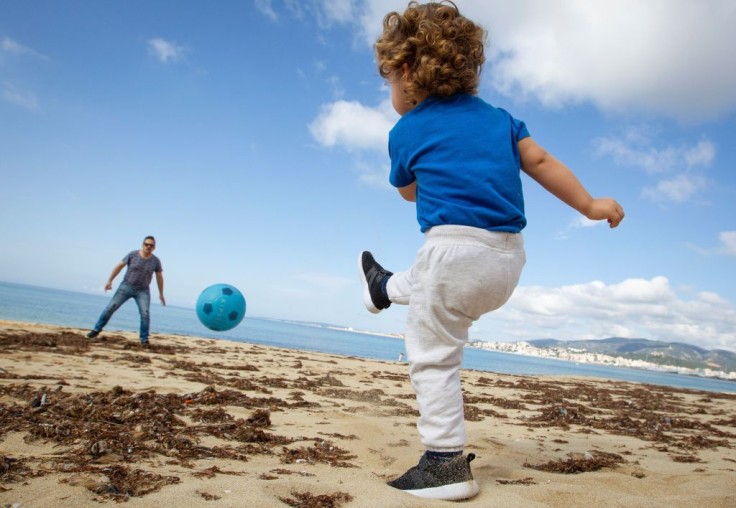
Parenting has always been a subject of endless debate, evolving theories, and shifting paradigms.
From "spare the rod, spoil the child" approaches of the past to more compassionate frameworks, we've seen it all.
The new parenting trend that is making waves these days is "Positive Discipline."
With an emphasis on mutual respect and community-based problem-solving, this approach aims to cultivate a healthy emotional environment for both parents and children.
In this article, we will delve deep into Positive Discipline techniques that every parent should know about.
What Is Positive Discipline?
Positive Discipline is a parenting approach based on the principles of mutual respect, empathy, and encouragement.
Instead of resorting to punitive measures like time-outs or grounding, the focus is on identifying the root causes of bad behavior and tackling them head-on.
Positive Discipline techniques seek to teach children important life skills, such as problem-solving, effective communication, and self-discipline, fostering an environment where the child becomes intrinsically motivated to behave well.
Positive Discipline is fast gaining traction because of its evidence-backed results and the long-lasting impact it has on family dynamics.
Numerous studies have shown that punitive methods not only have a negative impact on a child's emotional development, but they are also less effective in bringing about desired behavior change.
The new parenting trend of Positive Discipline seeks to address these issues by incorporating constructive feedback, compassionate dialogue, and collaborative problem-solving.
In a world where mental health is increasingly becoming a priority, the principles behind Positive Discipline are more relevant than ever.
The approach focuses on creating a nurturing home environment, which plays a vital role in the child's emotional and psychological development.
Techniques for Implementing Positive Discipline
Open Communication
One of the first techniques to adopt is open communication. Engage in regular dialogue with your child to understand what they're thinking and feeling. This builds trust and shows that you respect their opinion, setting the stage for constructive discussions when behavior issues arise.
Positive Reinforcement
Rather than punishing negative behaviors, try to catch your child doing something right and praise them for it. Positive reinforcement has been found to be much more effective in altering behavior than punishment.
Empathy and Understanding
Understanding the reason behind your child's behavior is crucial to Positive Discipline. Once you understand why a child is acting a certain way, it becomes easier to guide them towards a more appropriate action.
Logical Consequences
Instead of arbitrary punishments, use logical consequences that relate to the behavior. For example, if a child refuses to wear a coat on a chilly day, they may become cold, which is a natural consequence of their action. They are more likely to wear the coat next time without the need for a power struggle.
Problem-solving Together
This is one of the most crucial Positive Discipline techniques. Involve your child in finding a solution to the issue at hand. It could be something as simple as deciding on a more effective bedtime routine or as complex as resolving sibling rivalry.
Read Also: Raising Confident, Resilient Kids: Insights From a Child Psychologist on Responsive Parenting
How to Start With Positive Discipline
If you're keen to integrate this new parenting trend into your home, start small. Choose one or two techniques and work on implementing them consistently. You don't have to make drastic changes overnight; Positive Discipline is more about the journey than the destination.
The Road Ahead
As a parent, it's natural to be skeptical of new trends, especially when it comes to raising your children.
However, the Positive Discipline approach offers a rich set of techniques backed by research and numerous success stories.
The long-term benefits include not just better behavior but also a healthier emotional environment for the entire family.
So, is Positive Discipline the new parenting trend worth considering? Given the numerous benefits, it certainly deserves a place in modern parenting discussions and households.
By implementing these techniques, you're investing in a future where respect, empathy, and mutual understanding become the bedrock of your family dynamics.